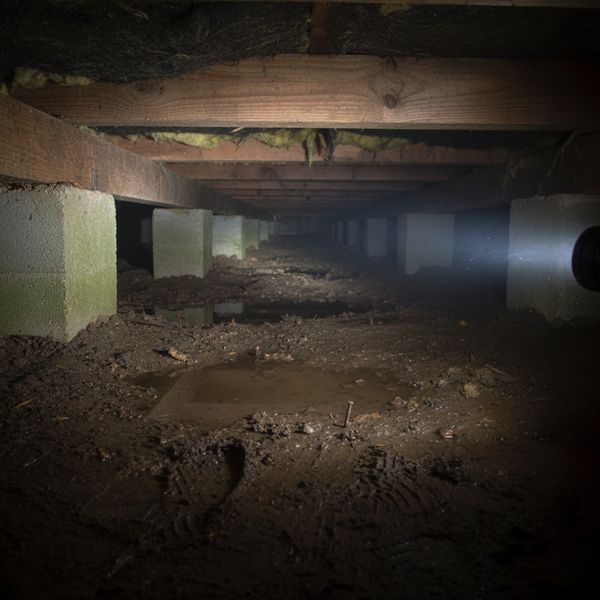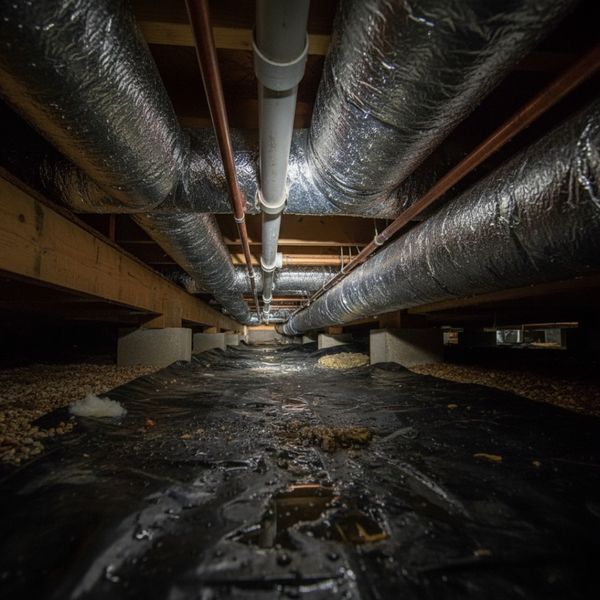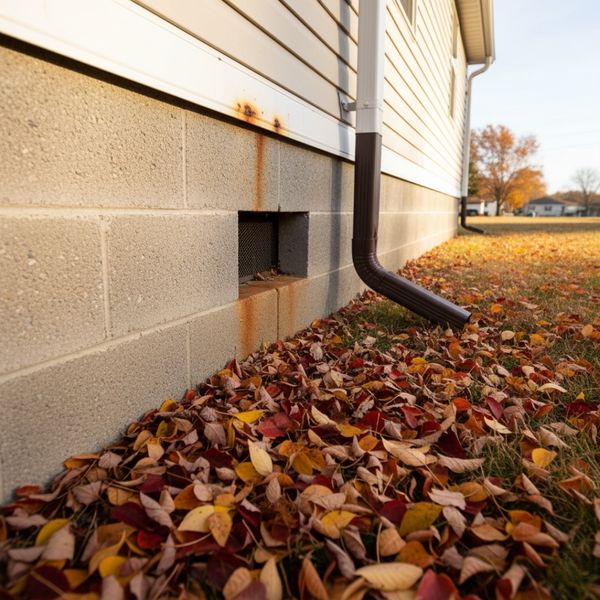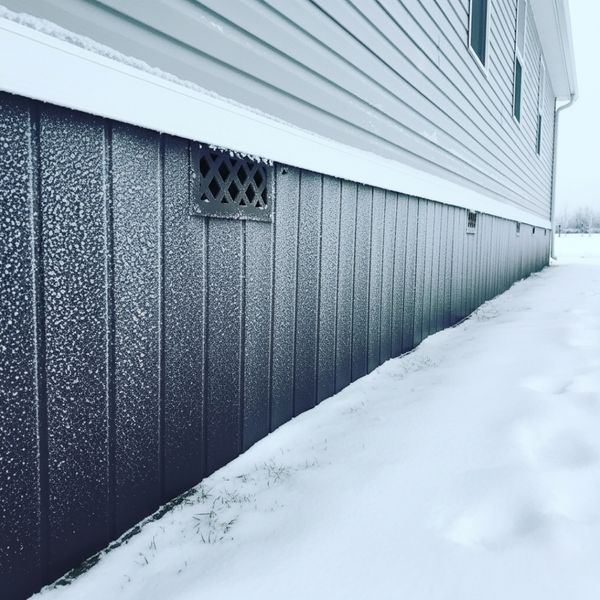Crawl spaces elevate your home off the ground, allow airflow, and provide access to plumbing and wiring. At Quality Homes of McComb, we help homeowners choose prefabricated homes designed to handle the seasons, but even the best design benefits from routine attention. Moisture can sneak in if left unchecked, and keeping your crawl space dry protects your home’s structure, air quality, and long-term value.
Seasonal Moisture Challenges for Your Manufactured Home

Spring Rains & Thawing Ground
When winter fades, melting snow and spring rain can leave the soil around your home saturated. Water pooling near the foundation can creep under your home, raising humidity in the crawl space. Over time, that moisture can create mold, mildew, and rot. Making sure your property slopes away from the home and clearing drainage paths keeps the space below dry and stable.

Hidden Summer Condensation
Hot, humid air can sneak into crawl spaces and condense on cooler surfaces like pipes and floor joists. Even subtle dampness can cause wood to swell or attract mold over time. Clearing vents and letting airflow circulate reduces trapped humidity. Keeping your home ventilated keeps both the structure and indoor air healthier during the warmest months.

Clogged Gutters in Autumn
Falling leaves may look pretty, but they can cause hidden headaches. When gutters get blocked, rainwater can pool at your foundation. This extra moisture can seep into the crawl space and undermine the dry environment your home relies on. A quick gutter cleaning each fall keeps water moving away and your crawl space safe.

Freeze and Thaw Cycles
Cold weather causes the soil beneath your home to freeze and thaw repeatedly, which can create small shifts in the foundation and skirting. Those shifts create entry points for melting snow or ice, letting moisture into the crawl space. Insulating pipes and checking skirting prevents cracks and keeps your home strong through winter months.
How your home is built and placed on a lot affects crawl space moisture more than most buyers realize. Properly sloped ground, vents, and skirting help prevent problems before they start. When browsing manufactured homes for sale, thinking about home design and property options pays off in easier maintenance and fewer surprises down the road.
